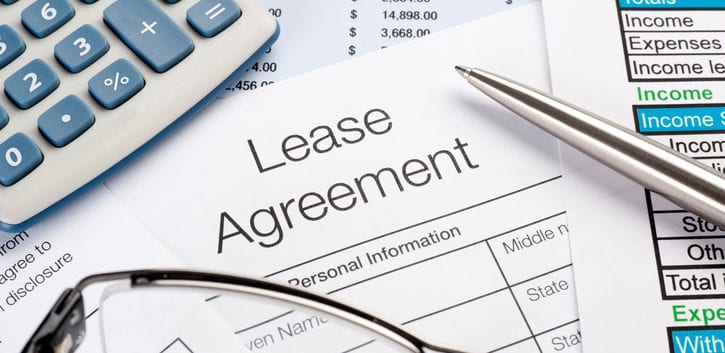
Whether it’s for a new job, to take on a gap year, or because of changing family circumstances, there are plenty of reasons why a tenant may find themselves in a situation where they need to move out of their rental home before their lease agreement ends.
Ending a rental agreement prematurely isn’t something that should be taken lightly, but there are steps you can take to help minimise the disruption to your landlord, and hopefully any costs too.
Check your state’s rental laws
Rental laws differ from state to state, but in general, there will be a specified period of notice that you will be required to provide, and probably break-lease fees that will cover the cost to re-advertise and re-let.
You may also be required to continue to pay rental costs until a replacement tenant can be found, or until the end-date of your agreement.
There may be legal circumstances that allow you to leave the property early, such as financial hardship, so you really do need to check the rules that apply in your state.
Provide as much notice as possible
To minimise any possible costs it’s best to notify your landlord or property manager of your intention to leave as soon as you can. The more notice you provide the easier it will be to provide a replacement tenant for your rental, meaning less is likely to be owed.
The official notice should be given in writing and should at the very least outline the date you intend to leave and forwarding address if you have one.
Work with your property manager and landlord
You may be able to come to a mutual agreement with your property manager and landlord and be able to end your lease early, or reduce any associated costs.
Regardless, it’s worth making your best efforts to help find a new tenant for the property.
This might mean keeping the property clean and presentable and allowing regular property viewings to take place so that the property gets leased again quickly.








